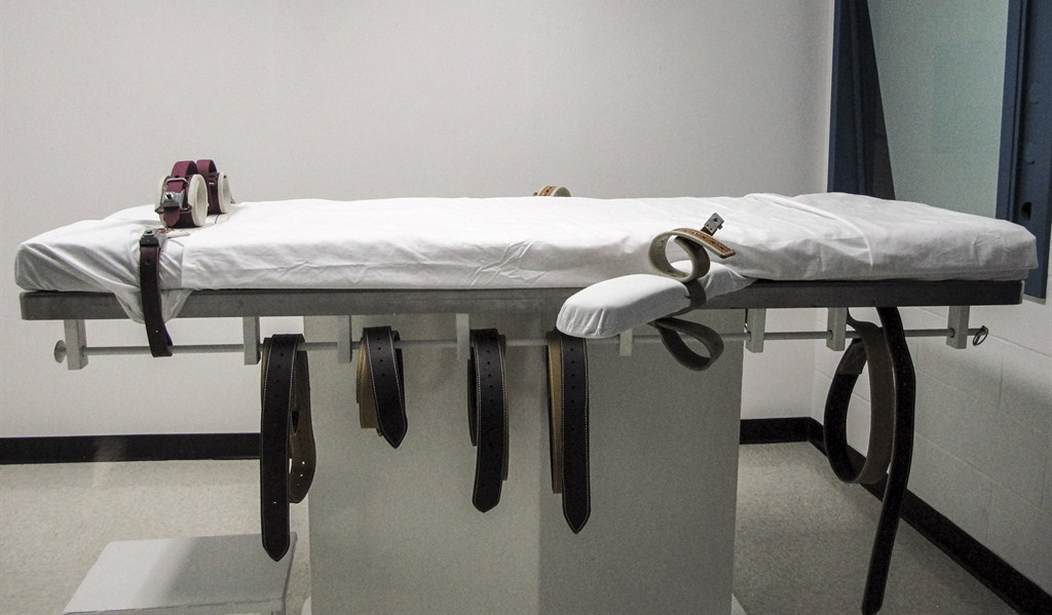Earlier Supreme Court decisions have decreed that individuals who are juveniles, mentally disturbed, or mentally disabled are ineligible for the death penalty. Today, the Supreme Court ruled in a 5-4 decision that Kevan Brumfield can have the Atkins claim considered in federal court because of his mental disability.
So what exactly is an Atkins claim? And how is this preventing Brumfield from facing the death penalty? (For now).
In 2002, it was decided in Atkins v. Virginia that:
Those mentally retarded persons who meet the law’s requirements for criminal responsibility should be tried and punished when they commit crimes. Because of their disabilities in areas of reasoning, judgment, and control of their impulses, however, they do not act with the level of moral culpability that characterizes the most serious adult criminal conduct.
The Argument for Brumfield: On March 30th, the Supreme Court held an hour oral argument determining if petitioner Brumfield was granted an Atkins trial. Brumfield filed on account that he was mentally retarded requesting funds to help develop this Atkins claim. With evidence that that he had an IQ of 75, the equivalent of a fourth grade reading level, had been prescribed numerous medications, and treated at psychiatric hospitals as a child; the Louisiana Supreme Court found that Brumfield did not have an Atkins hearing.
Recommended
Today, however, it was established that because Brumfield was not granted an evidentiary hearing, or granting him the time or funding to provide proper evidence–he would be granted his Atkins claim in federal court.
Brumfield was convicted of murdering a Baton Rouge police officer in 1995.
Photo of murder victim included in Justice Thomas' dissenting opinion in Brumfield v Cain pic.twitter.com/EbH7AY9qsY
— Lawrence Hurley (@lawrencehurley) June 18, 2015
























Join the conversation as a VIP Member